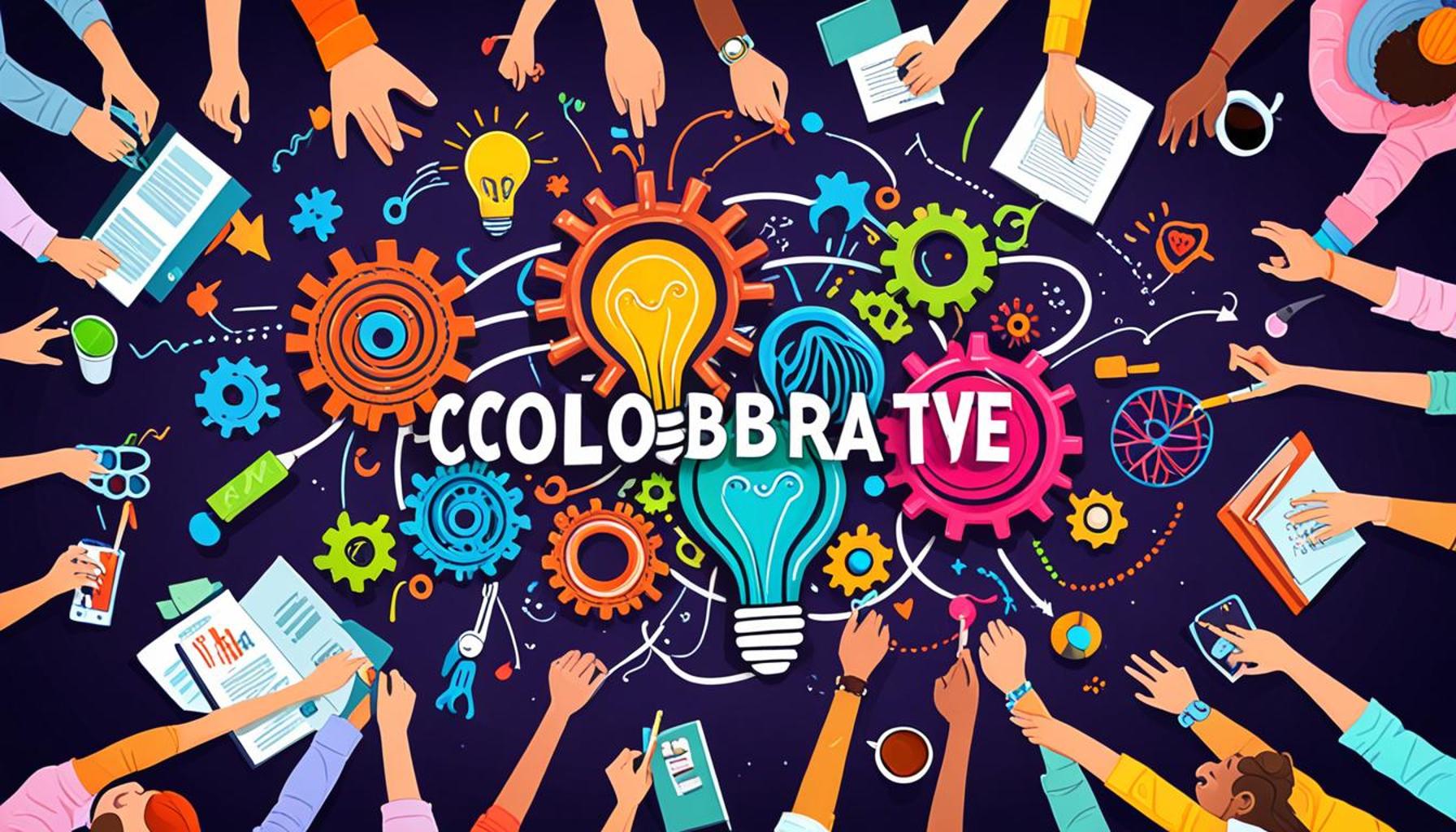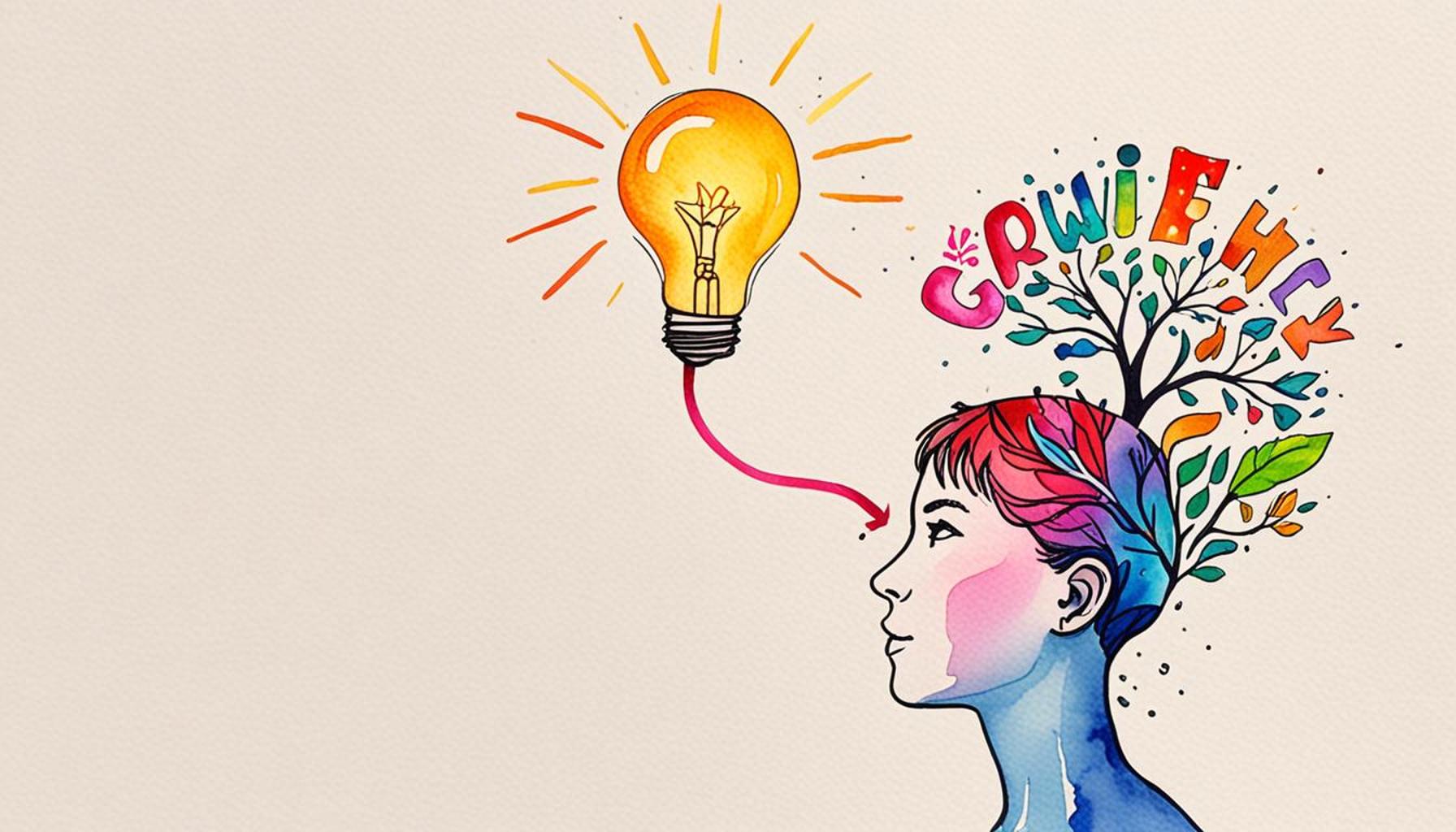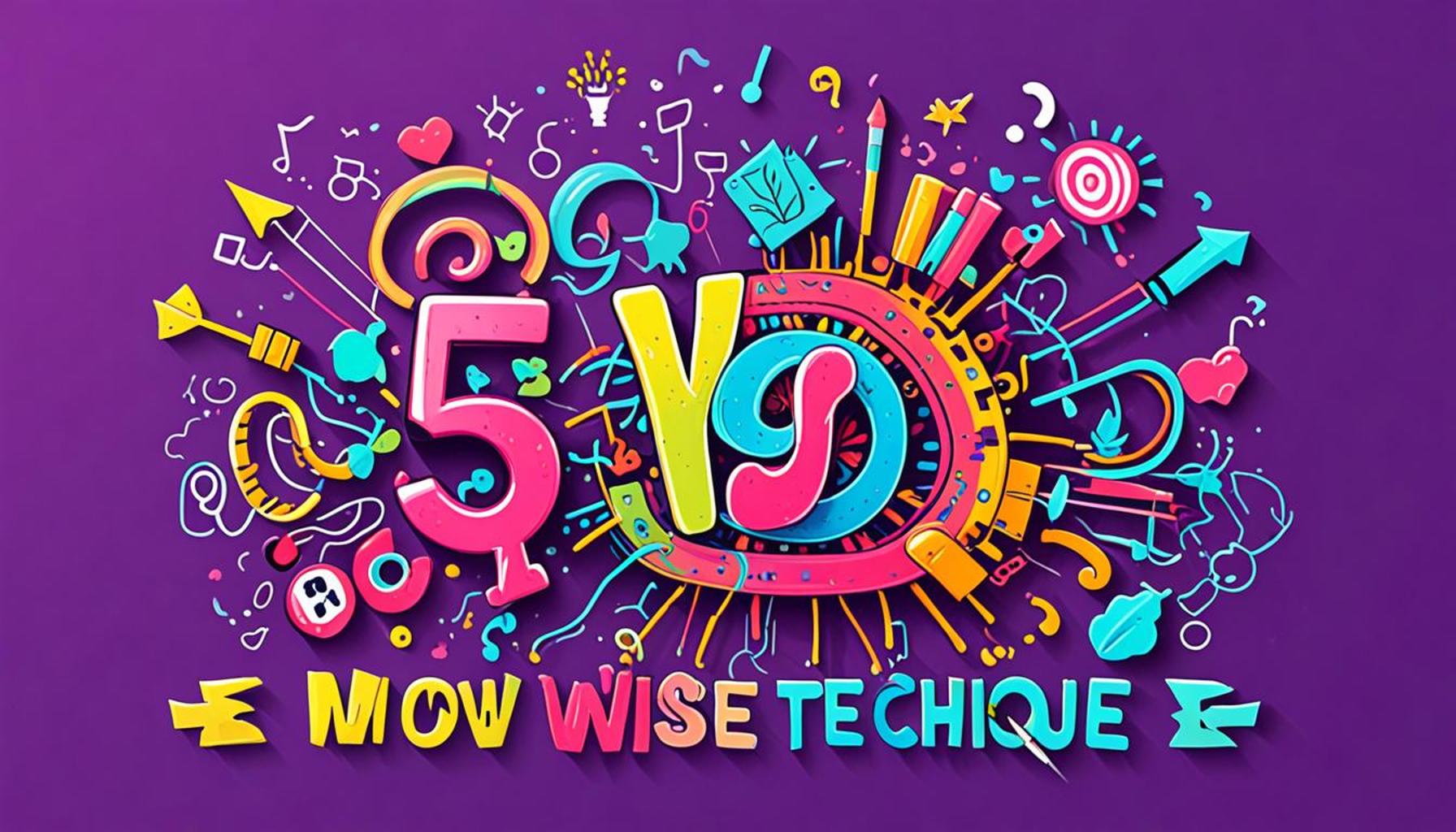The Role of Self-Efficacy in Goal Setting and Growth Mindset

Understanding Self-Efficacy and Growth Mindset
In the bustling landscape of modern Nigeria, where opportunities and challenges coexist, the concepts of self-efficacy and growth mindset have emerged as crucial tools for individuals aspiring to carve a path towards success. These psychological constructs are not merely buzzwords; they are foundational elements that can significantly enhance one’s capability to pursue goals, whether in academics, career, or entrepreneurial endeavors. But what do they entail, and why should they matter to everyone from students in secondary schools to budding entrepreneurs in bustling marketplaces?
Self-Efficacy: The Core of Belief
- Self-efficacy is fundamentally about belief in one’s own abilities. It is the confidence to take action and strive for success, tailored to specific situations.
- This belief system influences several aspects of behavior, including how goals are formulated, the level of effort invested in tasks, and resilience in the face of adversities.
- When individuals possess high self-efficacy, they tend to exhibit a heightened level of motivation and maintain a more optimistic perspective towards both their capabilities and the possible outcomes of their actions.
For example, consider a Nigerian student preparing for the Joint Admissions and Matriculation Board (JAMB) exams. A student who believes in their capability to excel is more likely to create a structured study plan, seek help when needed, and persist through challenges like difficult subjects or peer competition. On the other hand, low self-efficacy could lead to procrastination and an avoidance of challenging material.
Growth Mindset: The Keys to Resilience
- A growth mindset embraces the philosophy that skills and abilities can be nurtured through effort, persistence, and learning.
- Individuals with this mindset view challenges as stepping stones rather than hurdles to be avoided, enabling them to approach difficult situations with optimism and creativity.
- This perspective cultivates resilience—a quality essential for realizing long-term ambitions, especially in an unpredictable environment.
For instance, an aspiring entrepreneur in Lagos may encounter numerous setbacks, such as initial failures in business ventures. A person with a growth mindset will analyze these setbacks for insights and leverage them to develop better strategies in the future. They understand that with failure comes the opportunity for valuable lessons, thus fostering a relentless pursuit of improvement.
For Nigerians eager to elevate their performance across educational, career, or entrepreneurial fronts, recognizing the dynamic relationship between self-efficacy and a growth mindset can be transformative. Whether you are navigating the demanding job market or venturing into your own business, these concepts empower individuals to enhance their goal-setting techniques and contribute to meaningful personal growth. As you delve deeper into these ideas, consider developing a practical action plan that incorporates small, achievable goals that build your self-belief and cultivate that ever-important growth mindset.
CHECK OUT: Click here to explore more

Linking Self-Efficacy to Goal Setting
The interplay between self-efficacy and goal setting is a vital factor in determining one’s journey towards success. When individuals set goals, their belief in their ability to accomplish those goals—defined as self-efficacy—serves as the bedrock of their motivation and strategy. Recognizing this relationship is crucial, especially in a diverse setting like Nigeria, where aspirations are often met with both opportunities and obstacles.
How Self-Efficacy Shapes Goal Orientation
- Individuals with high self-efficacy tend to set more challenging goals for themselves, believing they can achieve these targets with effort and perseverance.
- They are more likely to formulate specific and measurable goals, enhancing clarity and focus in their pursuits.
- High self-efficacy leads to a stronger commitment to goals, encouraging individuals to expend greater effort and persist even when external circumstances become daunting.
For instance, consider a graduate seeking employment in Nigeria’s competitive job market. A job seeker with high self-efficacy is likely to aim for prestigious roles, actively network, and invest time in acquiring new skills relevant to their desired positions. This optimistic approach often leads to a domino effect: increased opportunities, higher chances of success, and an overall enriched experience in the job search process. Conversely, someone grappling with low self-efficacy may settle for less demanding positions, limiting their potential and ultimately curtailing their career trajectory.
The Role of Self-Efficacy in Overcoming Challenges
Understanding the role of self-efficacy extends beyond mere goal setting; it is also instrumental in navigating challenges. In a society where failure is often stigmatized, individuals with high self-efficacy regard setbacks not as insurmountable barriers but rather as natural components of the learning process. This perspective empowers them to tackle problems head-on, adapt their strategies, and refine their goals based on the lessons learned.
Take the example of entrepreneurs in the thriving tech ecosystem in Nigeria. When facing challenges such as funding shortages or market competition, those equipped with a high level of self-efficacy are likely to pivot their business models, seek mentorship, or even branch into new markets. They believe in their capacity to innovate and improve, which is essential in fostering entrepreneurial resilience and success.
In essence, self-efficacy acts as a catalyst for effective goal setting and enhances one’s ability to navigate the complexities of growth, whether in personal or professional realms. By fostering a robust belief in one’s abilities, individuals can set ambitious yet realistic goals and remain committed to the pursuit of their dreams. As we move forward in this exploration, we will uncover the synergetic relationship between self-efficacy and a growth mindset, and how they collectively pave the way for profound personal growth and achievement.
| Advantage | Description |
|---|---|
| Enhanced Persistence | Individuals with high self-efficacy are more likely to persist through challenges, maintaining motivation even when faced with setbacks. |
| Improved Resilience | A strong sense of self-efficacy fosters resilience, enabling individuals to bounce back from failures and learn from their experiences. |
| Effective Goal Setting | Self-efficacious individuals tend to set more challenging and achievable goals, leading to greater personal and professional growth. |
| Promotion of a Growth Mindset | Self-efficacy is closely linked to a growth mindset, encouraging a belief that abilities can be developed through dedication and hard work. |
In exploring the intricate relationship between self-efficacy, goal setting, and growth mindset, it becomes evident that individuals harnessing strong self-efficacy can navigate their journeys with increased determination. This psychological construct instills a belief in one’s capabilities, which is essential for cultivating a fruitful growth mindset. Those with elevated self-efficacy engage in more effective goal setting, as they are more inclined to perceive challenges as opportunities for growth rather than insurmountable obstacles.Research indicates that the ability to set realistic yet challenging goals, coupled with a resilient attitude, allows individuals to thrive in dynamic environments. This interplay not only promotes personal achievement but significantly impacts overall life satisfaction. It’s crucial to delve deeper into strategies that enhance self-efficacy and foster equitable growth in various aspects of life, particularly in educational and professional settings where goal orientation plays a pivotal role. Understanding these dynamics can lead to more tailored approaches in encouraging behavior that ingrains a strong self-efficacy and an expansive growth mindset.
CHECK OUT: Click here to explore more
Self-Efficacy and the Growth Mindset Connection
The concept of growth mindset, popularized by psychologist Carol Dweck, posits that abilities and intelligence can be developed through effort, learning, and persistence. This perspective aligns closely with the principles of self-efficacy, creating a potent combination that fosters resilience and continuous improvement. In the context of Nigeria, where rapid changes in technology and economy are prevalent, embracing both self-efficacy and a growth mindset becomes increasingly vital for personal and professional advancement.
Building Resilience through Self-Efficacy and a Growth Mindset
Individuals who maintain a strong belief in their capabilities are more inclined to adopt a growth mindset. They view challenges as opportunities to learn and grow rather than as threats to their competence. For instance, consider the Nigerian youth venturing into the tech industry. A programmer who encounters bugs in their code doesn’t see it as an indication of incompetence; instead, they view it as a valuable learning experience. This perspective encourages them to experiment with different solutions, refine their skills, and ultimately become better at their craft.
- Self-efficacy fosters resilience, enabling individuals to recover quickly from failures.
- A growth mindset encourages a commitment to lifelong learning, which is crucial in today’s dynamic job market.
- Together, they create a feedback loop: higher self-efficacy leads to greater resilience, which further reinforces one’s belief in their own ability to succeed.
In sectors such as agriculture or entrepreneurship, where external factors like climate change or economic shifts pose significant challenges, the combination of self-efficacy and a growth mindset becomes even more pertinent. Farmers who believe in their capability to adapt to new agricultural practices stay informed and innovative, seeking better crops and sustainable practices. This mindset not only secures their livelihoods but also contributes to food security in the nation.
Transforming Self-Doubt into Self-Belief
For many individuals in Nigeria, self-doubt can be a significant barrier to achieving their goals. Cultural norms and societal expectations sometimes create a narrative that discourages risk-taking and innovation. However, cultivating self-efficacy can convert self-doubt into self-belief. This transformation is essential for aspiring leaders, educators, and change-makers who aim to make a positive impact in their communities.
Take, for example, the young women in Nigeria striving to break into male-dominated fields like engineering and technology. With the support of mentorship programs and success stories from women who have navigated similar paths, these individuals can enhance their self-efficacy. They can set ambitious goals, such as pursuing engineering degrees or starting tech startups, empowered by the belief that their efforts will yield results. A pivotal investment in education and training can create a ripple effect, encouraging future generations to pursue their aspirations with confidence.
Furthermore, initiatives that promote achievement and recognition of diverse successes within educational institutions can significantly boost self-efficacy. By celebrating all forms of progress, from academic achievements to personal growth milestones, communities can foster an environment conducive to a growth mindset. This collective effort enhances self-belief among individuals, enabling them to dream bigger and accomplish more.
Ultimately, self-efficacy intertwined with a growth mindset creates a powerful framework that can elevate the aspirations of individuals across Nigeria. Whether navigating the job market, launching a business, or pursuing personal development, this partnership instills a sense of agency and purpose that propels individuals towards their goals.
YOU MAY ALSO LIKE: Read read another article
Conclusion: Empowering Futures through Self-Efficacy and Growth Mindset
In a rapidly evolving landscape like Nigeria, the interplay of self-efficacy and a growth mindset is vital for fostering personal and professional development. As individuals navigate challenges—from the rigors of academia to the complexities of entrepreneurship—believing in one’s own capabilities can turn obstacles into stepping stones. Self-efficacy provides the confidence needed to face challenges head-on, while a growth mindset encourages embracing failures as integral parts of the learning process.
Moreover, the transformation from self-doubt to self-belief is not merely a personal journey; it is a collective effort that can reverberate through communities. In Nigeria, where societal norms may discourage certain aspirations, initiatives that focus on enhancing self-efficacy—be it through mentorship programs, education, or public recognition of diverse achievements—can have profound impacts. As seen with the young women in engineering and tech, empowering individuals with the belief that they can achieve their goals fosters not just personal growth, but societal progress.
This dynamic partnership between self-efficacy and a growth mindset creates a resilient framework, enabling individuals to set and pursue ambitious goals. With the right support systems in place, individuals can cultivate their aspirations, inspire others, and contribute significantly to their communities. As we move forward, it is crucial to champion these principles, transforming the potential of Nigeria’s youth into tangible successes that drive innovation and progress across various sectors.


